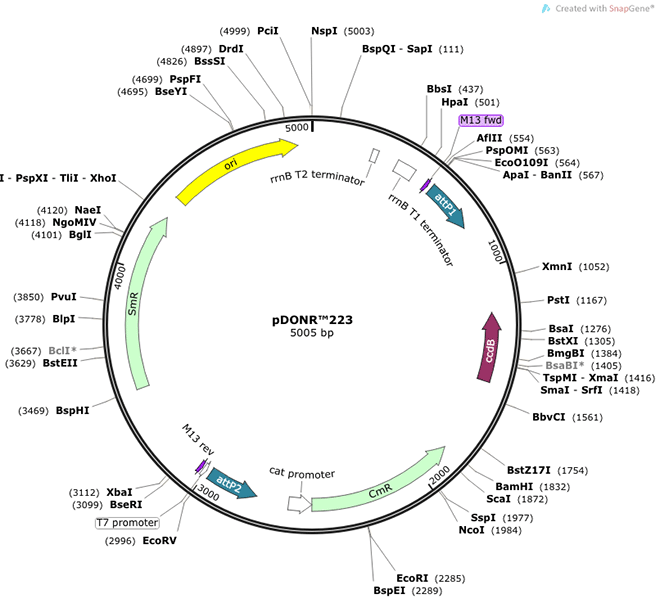The protein encoded by this gene is part of the forkhead family or "winged-helix" transcription factors that are important in developmental processes, immune system regulation, metabolism, cancer and aging. This gene family has over 100 members, subdivided into classes (A-Q) based on phylogeny. The encoded protein is proposed to regulate development of the thymus and differentiation of keratinocytes. Mutations in this gene cause severe primary T-cell immunodeficiency and congenital alopecia. In mouse mutations of this gene underlie the phenotype of the nude mouse, which has been widely used as a model system in oncology, immunology, dermatology, and transplantation studies. In humans mutations in this gene have been correlated with T-cell immunodeficiency, the skin disorder congenital alopecia, and nail dystrophy. Alternative splicing results in multiple transcript variants that encode different protein isoforms. [provided by RefSeq, Apr 2013]


